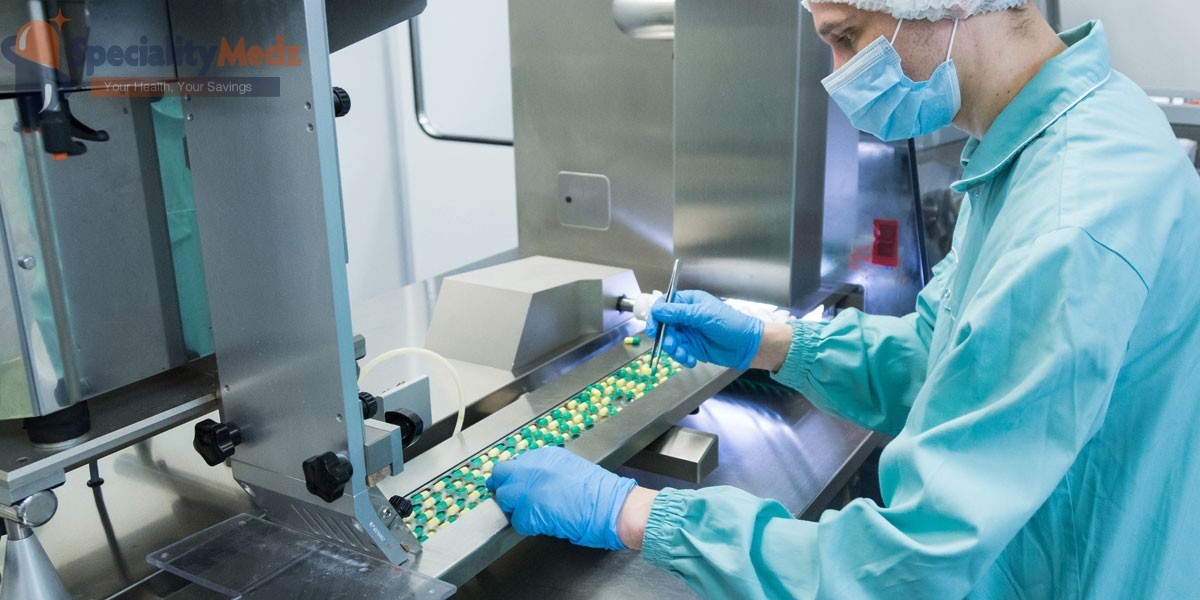In the 21st century, the healthcare landscape is undergoing a profound transformation. At the heart of this revolution are life-saving drugs that are not only treating diseases but actively redefining outcomes, offering new hope to millions around the globe. The surge in pharmaceutical innovation has made it possible to combat conditions once considered incurable. From chronic viral infections to cancer and autoimmune disorders, medical science is taking giant leapsand life-saving drugs are leading the way.
Life-Saving Drugs: Beyond Treatment, Toward Transformation
Life-saving drugs represent a monumental shift in how modern medicine approaches health challenges. These are not merely treatments that manage symptomsthey are agents of change that improve survival rates, reverse disease progression, and restore quality of life. With the rapid advancement in biomedical research, many of these drugs are now designed to target diseases at a cellular or genetic level.
HIV, for instance, once viewed as a death sentence, has now become a manageable chronic illness thanks to a powerful combination of antiretroviral therapies (ARTs). Drugs like Abacavir, a nucleoside reverse transcriptase inhibitor (NRTI), have become instrumental in this transformation. By blocking the enzyme HIV uses to replicate, Abacavir helps prevent the virus from multiplying, giving patients a chance to lead long, healthy lives.
A Global Push for Access and Affordability
As demand for these revolutionary therapies grows, so does the importance of global access. Making sure that life-saving drugs reach even the most remote parts of the world is a crucial element in global health strategy. This is where the role of an Abacavir exporter and similar pharmaceutical suppliers becomes vital. These exporters help ensure that high-quality medications are distributed efficiently across borders, reaching patients in needespecially in low- and middle-income countries.
Global pharmaceutical logistics and manufacturing networks have adapted to ensure drug stability, regulatory compliance, and cold-chain transport when necessary. Exporters and manufacturers are working hand-in-hand with governments, NGOs, and health organizations to make these innovations available to wider populations.
The Evolution of Drug Development
The development of life-saving drugs has become increasingly sophisticated. Traditional methods of trial-and-error in drug formulation are giving way to targeted research driven by artificial intelligence, genomics, and real-world data. Scientists are now able to identify specific biomarkers, enabling the creation of medications that work on a molecular level to combat disease mechanisms with great accuracy.
Take cancer immunotherapy as a leading example. Drugs like checkpoint inhibitors and CAR-T cell therapies are not just killing cancer cellsthey are training the bodys immune system to recognize and eliminate them. This approach, although still developing, has led to impressive remission rates in patients with previously untreatable cancers.
Responding to Global Health Threats
The COVID-19 pandemic demonstrated the urgency and power of rapid pharmaceutical development. Vaccines were produced in record time, and antiviral drugs were rolled out to control the spread of infection. The lessons learned from that crisis are now being applied to other diseases, helping pharmaceutical companies accelerate innovation pipelines and regulatory approvals for life-saving drugs.
Moreover, the pandemic shed light on the importance of drug supply chains and the need for strong export infrastructures. Countries that lacked domestic pharmaceutical production heavily relied on exporters for access to critical medicines. The contribution of a reliable Abacavir exporter, for example, becomes even more significant in times of global health emergencies where timely access can be a matter of life and death.
Challenges Ahead and the Road to Equity
Despite the incredible progress, challenges remain. Affordability, intellectual property rights, and manufacturing capacity still create barriers to universal access. To truly make life-saving drugs a global reality, collaborative efforts among governments, pharmaceutical companies, research institutions, and exporters are essential.
Innovative pricing models, voluntary licensing, and partnerships with generic drug manufacturers are helping to bridge the gap. Generic versions of drugs like Abacavir have become more widely available thanks to these collaborative frameworks, contributing to the global fight against HIV/AIDS.
Exporters play a crucial role in making generic formulations available globally. A trusted Abacavir exporter ensures that these cost-effective options reach regions where branded drugs may be too expensive. This not only saves lives but also supports public health initiatives and long-term disease control strategies.
Looking to the Future
The future of healthcare lies in the continued development of life-saving drugs and the infrastructure needed to deliver them. As we look ahead, innovation will increasingly be driven by digital health technologies, data analytics, and a focus on personalized care. We can also expect greater integration of sustainability in drug production and distribution, ensuring that future solutions are not only effective but also environmentally responsible.
Equally important is the role of global networksespecially exporters, manufacturers, and regulatorsin ensuring that these innovations are not confined to the labs or high-income nations. The goal is global equity in healthcare, and every link in the pharmaceutical supply chain contributes to that mission.
Conclusion
Life-saving drugs are not just shaping the future of healthcarethey are shaping the future of humanity. From improving outcomes to providing hope where none existed, these medical marvels represent the pinnacle of human achievement in science and compassion. As innovations continue, and with the reliable support of global players like every committed Abacavir exporter, we are moving closer to a world where healthcare breakthroughs are accessible to allno matter where they live.







